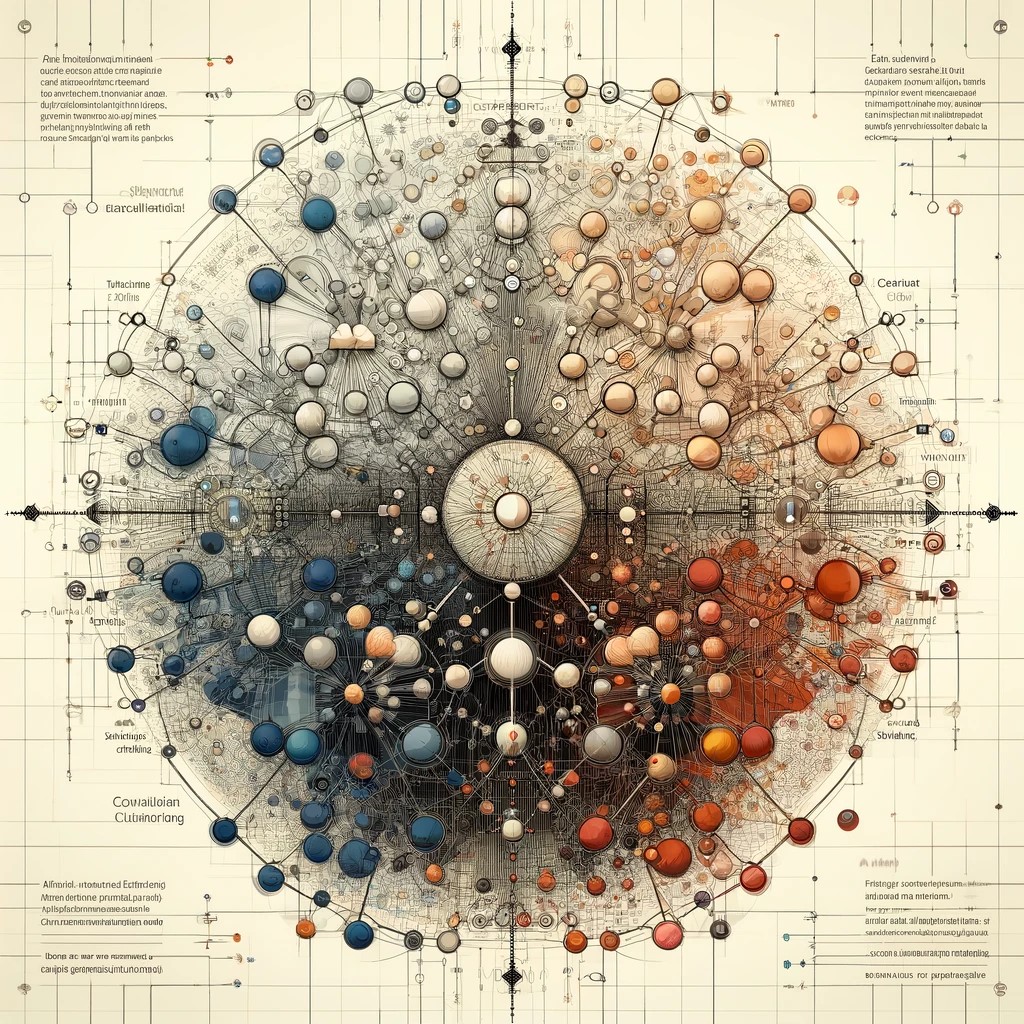Workshops and Tutorials
Workshops
Workshop 1: Listening to the Web: Approaches to Sonification and Listening to Web Science Data

Web Science studies a highly complex socio-technical environment. Visualisation is a common form of representation for data. This workshop raises questions about sonification for Web Science data. Drawing from both ideas of representation and reflexively using computational models, the workshop will provoke questions about how to design models and listening. The aim is to develop a community drawing from existing models and to create or identify a set of resources that can be developed to support future research.
- Iain Emsley (iain.emsley@warwick.ac.uk)
Centre for Interdisciplinary Methodologies, University of Warwick, Coventry, UK - David De Roure (david.deroure@oerc.ox.ac.uk)
Oxford eResearch Centre, University of Oxford, Oxford, UK
Workshop 2: Linking Surveys and Social Media Data: Advancing Public Opinion Research (LASER)

The workshop aims to address the challenges and opportunities in public opinion research at the intersection of traditional survey data and social media data. Acknowledging the limitations of both data sources, such as biases in survey responses and issues of representativeness in social media data, the workshop seeks to explore the integration of these datasets using AI methodologies. This scholarly endeavor, led by international experts, will feature abstract submissions, keynote addresses, and paper presentations focusing on innovative strategies, ethical considerations, and practical applications in Computational Social Science (CSS). The event targets an academic audience, emphasizing the importance of integrating surveys and social media data to advance public opinion research and contribute to the academic discipline.
- Mehmet Fuat Kına (mkina18@ku.edu.tr)
Center for Computational Social Sciences, Koç University - Şükrü Atsızelti (satsizelti22@ku.edu.tr)
Sociology Department, Koç University - Oğuz Gürerk, Researcher (oguzgurerk@gmail.com)
Center for Computational Social Sciences, Koç University - Erdem Yörük (eryoruk@ku.edu.tr)
Center for Computational Social Sciences and Sociology Department, Koç University - Ali Hürriyetoğlu (ahurriyetoglu@ku.edu.tr)
KNAW Humanities Cluster DHLab
Workshop 3: Building an Online Atlas Using Domain Name Registration data: A Novel Approach to Web Based Geographic, Economic and Technology Insight

In December 2023, the .au Domain Administration published an Atlas of Australia Online which combines .au registry data with publicly available geographic, economic and technical data to depict the Australian digital landscape.
Using a new method to collate, rank and cluster .au domain names, the research applies machine learning to map the Australian technology landscape to identify areas of high digital business intensity and clusters of technological innovation.
This workshop / tutorial is designed to share the methodology and insights from this policy focused research report as an example of interdisciplinary research into the impact of the Web in society. Since this research focuses on the relationship between the domain registry record and geographic, economic and technical data it provides a unique perspective on the landscape of the Web in Australia. Some of the insights revealed may be relevant in other jurisdictions, and there are opportunities to extend this research into new avenues.
The research report can be downloaded here: https://www.auda.org.au/news-events-insights/reporting/research-reports/atlas-australia-online-2023
- Claire McFarland (claire.mcfarland@gmail.com)
Director, Beesness Consulting University of Technology, Sydney, NSW, Australia - Professor Paul McCarthy (paul@leagueofscholars.com)
CEO, League of Scholars Adjunct Professor of Computer Science, UNSW Sydney, Australia - Michael Lewis (michael.lewis@auda.org.au)
Manager, Industry Relations .au Domain Administration Melbourne, VIC, Australia
Workshop 4: DHOW: Diffusion of Harmful Content on Online Web

With the advancement of digital technologies and gadgets, online content is easily accessible. At the same time, harmful content also gets spread. There are different harmful content available on different platforms in multiple languages. The topic of harmful content is broad and covers multiple research directions. But from the user’s aspect, they are affected by them all. Often, it is studied individually, like misinformation and hate speech. Research has been done on one platform, monolingual, on a particular issue. It leads to harmful content spreaders switching platforms and languages to reach the user base. Harmful is not limited to social media but also news media. Spreader shares harmful content in posts, news articles, comments, and hyperlinks. So, there is a need to study the harmful content by combining cross-platform, language and topics.
Hence, by proposing the workshop, we plan to bring the research on harmful content under one umbrella so that research on different topics can bring some novel methods and recommendations for users. The workshop will cover the ongoing issue of war or elections in 2024. We propose a workshop, DOHW: Diffusion of Harmful Content on Online Web, which brings together the research on different topics of harmful content. We expect to discuss good research work and future research directions.
Workshop Website: https://dhow-workshop.github.io/
- Thomas Mandl
University of Hildesheim, Germany - Haiming Liu
University of Southampton, United Kingdom - Gautam Kishore Shahi (gautamshahi16@gmail.com)
University of Duisburg-Essen, Germany - Amit Kumar Jaiswal
University of Surrey, United Kingdom - Luis-Daniel Ibáñez
University of Southampton, United Kingdom - Durgesh Nandini
University of Bayreuth, Germany
Tutorials
Tutorial 1: Fair Clustering and Polarization Detection on Online Social Networks through Correlation Clustering

Clustering is a fundamental problem in data science, aiming to group objects based on similarity. Among existing options in the literature, correlation clustering stands out for its ability to group similar objects together while ensuring dissimilar ones are placed in separate clusters. This method finds applicability across diverse data types, such as relational and graph data, including Online Social Networks (OSNs). However, the potential of correlation clustering in addressing critical challenges like fair clustering and uncovering polarized communities in OSNs lacks a comprehensive exploration. Fair clustering addresses biases in algorithmic data analysis, crucial in grouping OSN users in clusters that are not dominated by a
specific type of sensitive data class (e.g., people having the same sex). Instead, detecting polarized communities reveals groups of users driven by divergent ideologies, essential in understanding online discourse dynamics. This tutorial aims to comprehensively explore correlation clustering’s versatility in tackling relevant societal challenges within online communities, such as fair clustering and uncovering polarized communities in OSNs.
- Domenico Mandaglio (d.mandaglio@dimes.unical.it)
DIMES Dept., University of Calabria Rende (CS), Italy - Lucio La Cava (lucio.lacava@dimes.unical.it)
DIMES Dept., University of Calabria Rende (CS), Italy - Andrea Tagarelli (andrea.tagarelli@unical.it)
DIMES Dept., University of Calabria Rende (CS), Italy